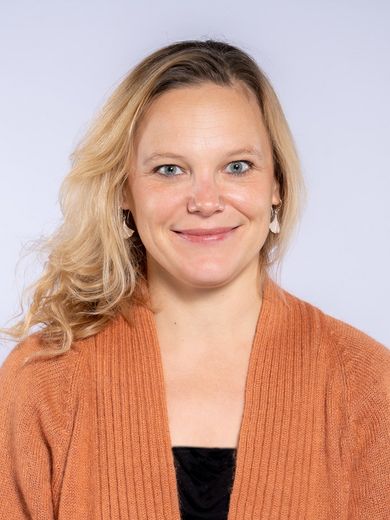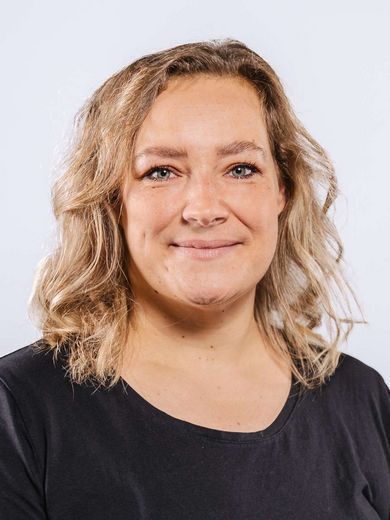Basically, yes. However, first of all, it is important to distinguish between whether you, as a student come from an EU country or a non-EU country and which type of residency status you have. Then, depending on these factors, there may be differences with regard to the required qualifications, visits to and approval of the authorities before setting up a business. Very detailed and sound information on all groups is available on the website "Wir gründen in Deutschland". I can just recommend taking a close look at the website. There, you will find all the information that an international student must regard.
For international students coming from EU countries, the following applies: every person can basically become selfemployed, also students or doctoral candidates from a country in the EU, the European Economic Area or Switzerland. Here, distinctions must be made among the three classifications of self-employment:
- You become self-employed in one of the freelance activities, then you are a freelancer
- You set up a trade or business , then you are a trader or businessman/businesswoman
- Or you start up a travel industry or itinerant trade, then you are a travel industry operator or agent – in this case, there are some particular features which differ from other tradespeople.
You should, therefore, find out which category your prospective self-employment in Germany belongs to. And you should know if you fulfill the necessary prerequisites with regard to qualifications and other prescribed formalities. Because the prerequisites and requirements are different for the three categories, first of all, you need to find the right category for your start-up idea.It is not very easy to take the correct steps, but through "Wir gründen in Deutschland" you can find many examples, videos and all the important information for taking the next steps. The platform "Anerkennung in Deutschland" also offers important tips for recognition of your degrees.

